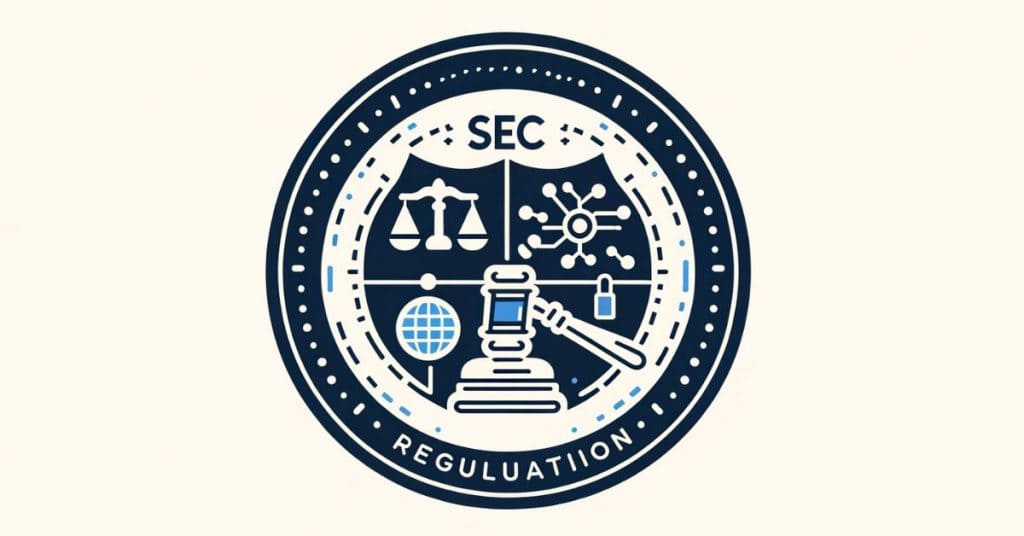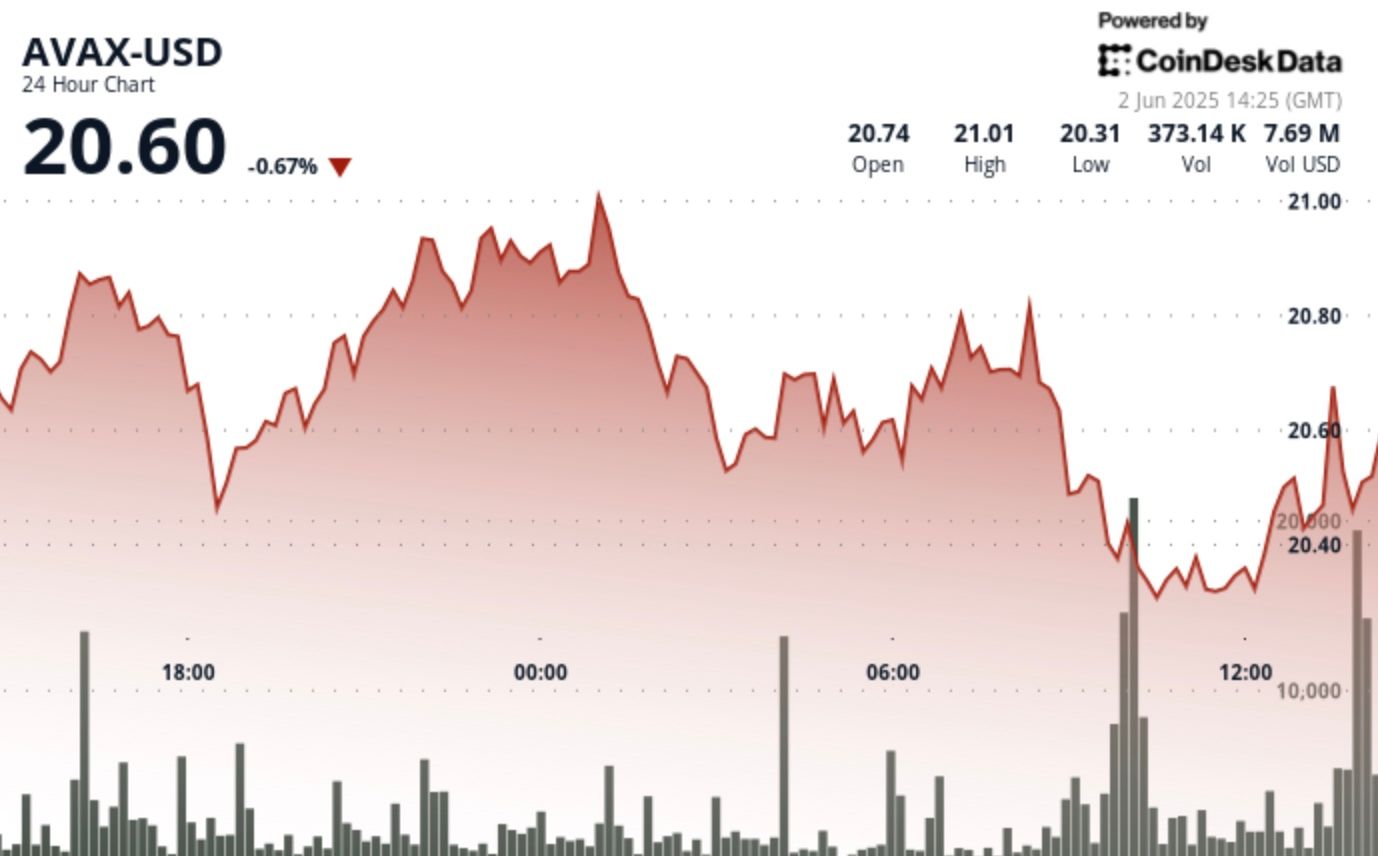

In Brief
Brokers, hedge funds and advisers are strongly contesting the SEC’s proposed regulations to oversee AI in financial advising, claiming the measures are unfeasible and redundant.

The U.S. Securities and Exchange Commission’s (SEC) initiative to regulate the use of artificial intelligence in financial advice has met with significant resistance from brokers, hedge funds and investment advisors. The industry argues that the SEC’s proposals unveiled in July, are overly broad and unfeasible to implement, dubbing the regulations “Reg PDA.”
Despite the SEC’s intent to ensure that financial institutions eliminate any conflicts of interest in technological advice to clients, industry responses suggest that existing regulations are sufficient to protect investors. The SEC’s expansive definition of “technology” has also been a point of contention, raising concerns that it could apply to simple tools like calculators.
Jesse Forster of Coalition Greenwich notes the unprecedented level of opposition to the SEC’s proposals, highlighting the collective frustration of the industry. Amidst a surge of SEC rulemaking under Chair Gary Gensler, the industry’s patience appears to be waning.
Gensler’s Stance on AI Dangers
Gensler who previously expressed concerns about the potential risks posed by AI, argues for swift regulatory action to prevent a future financial crisis. However, with President Biden’s recent executive order on AI oversight, it is clear that the U.S. aims to take the lead in AI regulation.
The pushback is not without its nuances. Some financial giants, including Morgan Stanley and JPMorgan, have submitted their criticisms in individual letters, emphasizing the points made by industry groups such as Sifma and the Investment Company Institute (ICI). These bodies have called for the complete withdrawal of Reg PDA, citing potential constitutional challenges and the rule’s allegedly arbitrary nature.
Consumer groups, on the other hand, have voiced support for the SEC’s efforts, insisting that more stringent measures are needed to adequately safeguard investors in an era where technology can subtly influence investment decisions.
As the debate continues, the SEC has affirmed its openness to public input, while Gensler has maintained the importance of protecting investors from subtly biased technological advice. The industry awaits the SEC’s final stance following its review of the feedback received during the open comment period.
Disclaimer
Any data, text, or other content on this page is provided as general market information and not as investment advice. Past performance is not necessarily an indicator of future results.
![]()
![]()
The Trust Project is a worldwide group of news organizations working to establish transparency standards.
Nik is an accomplished analyst and writer at Metaverse Post, specializing in delivering cutting-edge insights into the fast-paced world of technology, with a particular emphasis on AI/ML, XR, VR, on-chain analytics, and blockchain development. His articles engage and inform a diverse audience, helping them stay ahead of the technological curve. Possessing a Master’s degree in Economics and Management, Nik has a solid grasp of the nuances of the business world and its intersection with emergent technologies.

Nik Asti

Nik is an accomplished analyst and writer at Metaverse Post, specializing in delivering cutting-edge insights into the fast-paced world of technology, with a particular emphasis on AI/ML, XR, VR, on-chain analytics, and blockchain development. His articles engage and inform a diverse audience, helping them stay ahead of the technological curve. Possessing a Master’s degree in Economics and Management, Nik has a solid grasp of the nuances of the business world and its intersection with emergent technologies.
Read More: mpost.io











 Bitcoin
Bitcoin  Ethereum
Ethereum  Tether
Tether  XRP
XRP  Solana
Solana  USDC
USDC  Dogecoin
Dogecoin  TRON
TRON  Cardano
Cardano  Lido Staked Ether
Lido Staked Ether  Wrapped Bitcoin
Wrapped Bitcoin  Sui
Sui  Hyperliquid
Hyperliquid  Wrapped stETH
Wrapped stETH  Chainlink
Chainlink  Avalanche
Avalanche  Stellar
Stellar  Bitcoin Cash
Bitcoin Cash  Toncoin
Toncoin  LEO Token
LEO Token  Shiba Inu
Shiba Inu  USDS
USDS  Hedera
Hedera  Monero
Monero  WETH
WETH  Litecoin
Litecoin  Wrapped eETH
Wrapped eETH  Polkadot
Polkadot  Binance Bridged USDT (BNB Smart Chain)
Binance Bridged USDT (BNB Smart Chain)  Ethena USDe
Ethena USDe  Bitget Token
Bitget Token  Pepe
Pepe  Pi Network
Pi Network  WhiteBIT Coin
WhiteBIT Coin  Coinbase Wrapped BTC
Coinbase Wrapped BTC  Dai
Dai  Aave
Aave  Uniswap
Uniswap  Bittensor
Bittensor  Ethena Staked USDe
Ethena Staked USDe  Cronos
Cronos  OKB
OKB  Aptos
Aptos  NEAR Protocol
NEAR Protocol  BlackRock USD Institutional Digital Liquidity Fund
BlackRock USD Institutional Digital Liquidity Fund  Jito Staked SOL
Jito Staked SOL  Ondo
Ondo  Internet Computer
Internet Computer  Ethereum Classic
Ethereum Classic